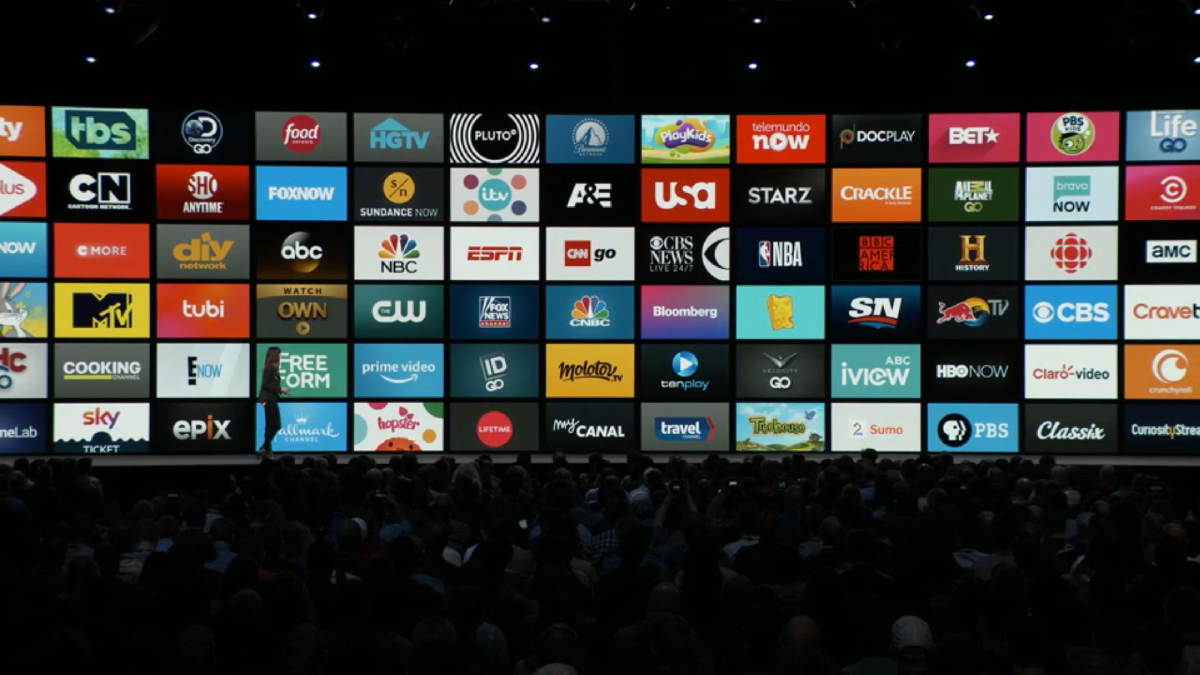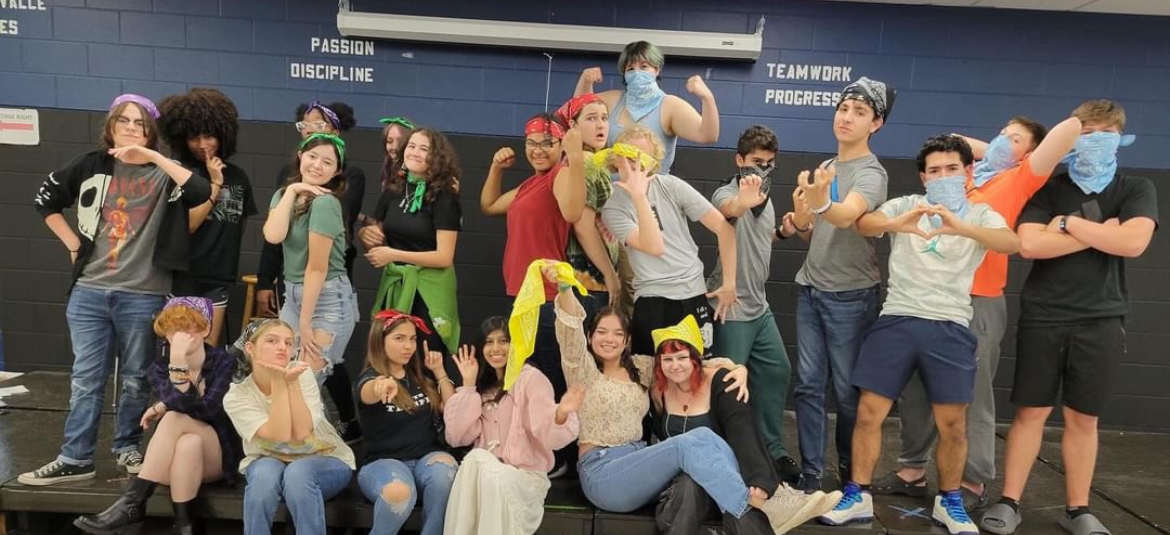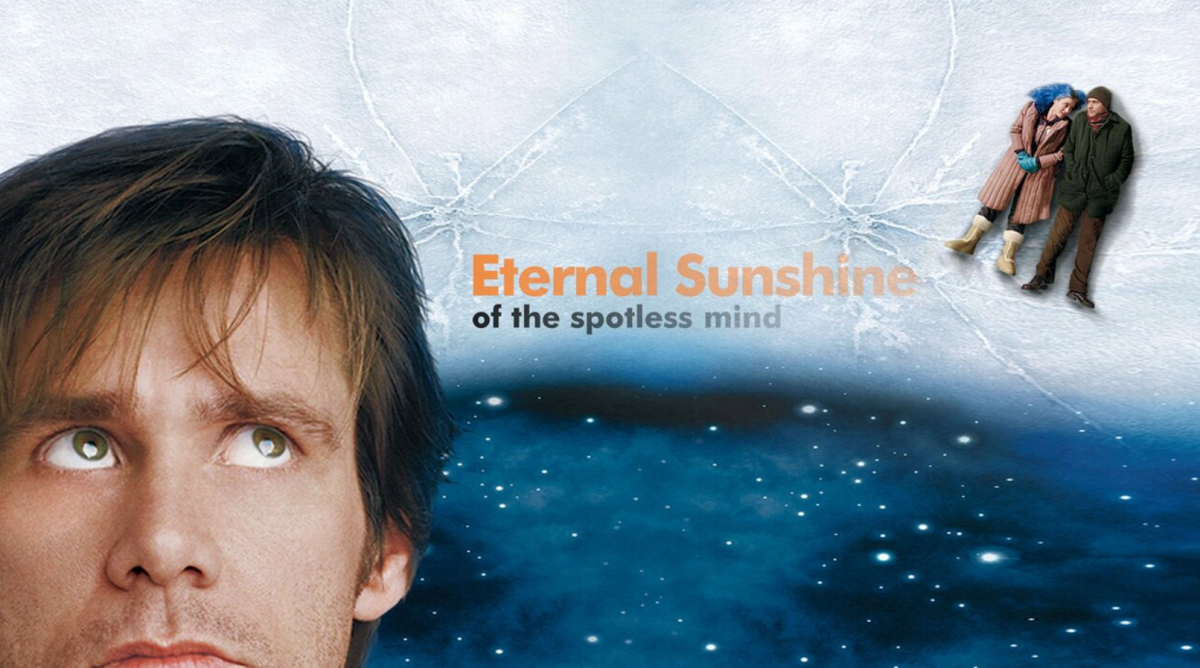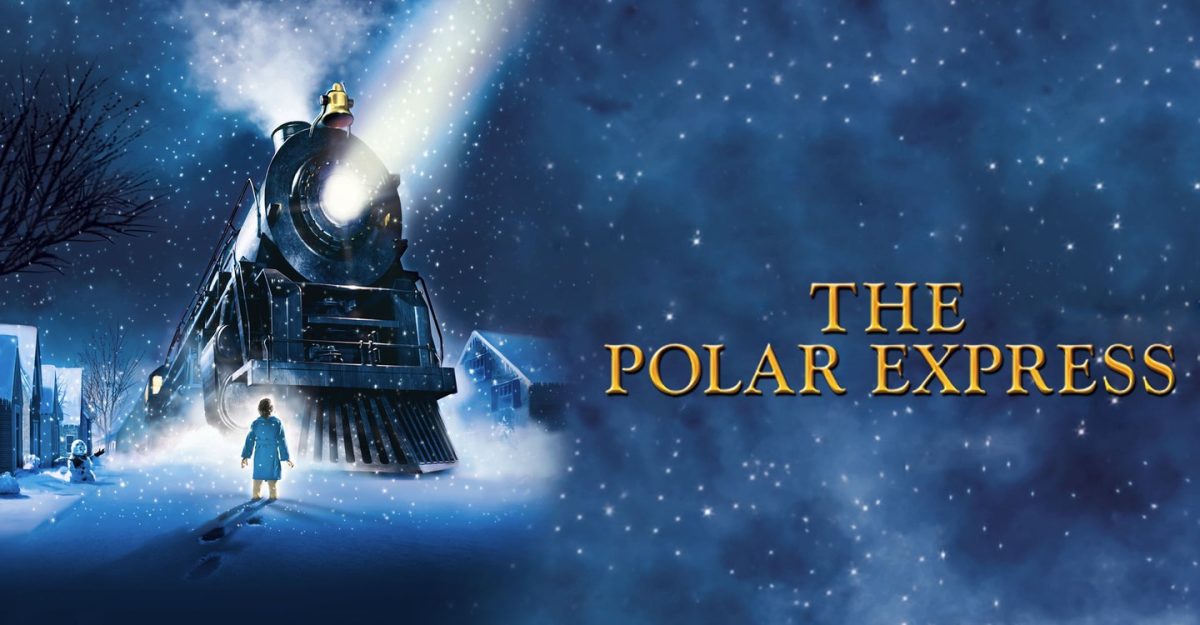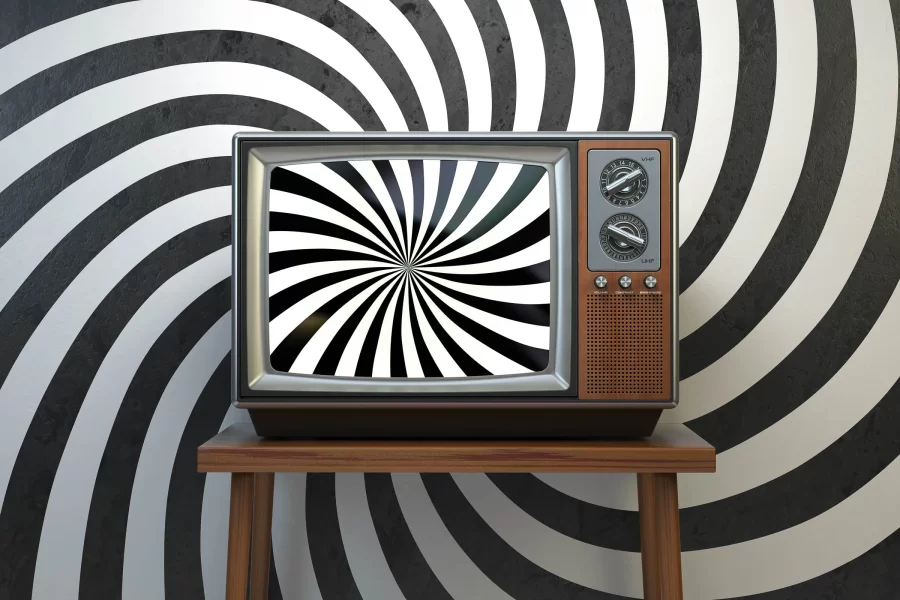Before the discovery of the television came the radio and before the introduction of the radio came pen and paper, all of these have which have become virtually defunct as human society found more and more efficient ways to communicate ideas. This phenomenon can be observed even now through the evolution of the entertainment industry, where most contemporary forms of media dispersal have sprung from and taken the world by storm.
I take it that you’re familiar with easy-access forms of entertainment like cable TV or live TV, these two forms of entertainment have become a mainstay for homes across the world as a result of proliferation. During the early 1990s, the spread of technologies like television sets and television transmitters made it possible for practically half of the entire world to have access to live TV. With the introduction of different forms of home entertainment like Netflix, Disney +, Hulu, and other streaming services, the world has seen a decline in the quality of “watchable” films and shows. I digress, but it feels as if we’re amid the twilight years of not just cable television but the entirety of the film industry as a whole.
Do you all remember a time when Toonami still showed weird indie after-hours segments, when Ridiculousness was MTV’s pageant boy, or when Freeform was still called Hallmark and their entire filmography had an abundance of legitimately interesting indie dramas and films? Well, I do, and like so many others miss the time when I could comfortably kick back after school and lounge around while catching the newest episode of Good Luck Charlie. With the injection of streaming services into the public consciousness, we as a society have witnessed an upstart in the amount of cinema . For example, Hulu. My family has a subscription to Hulu and I can see the value in having a streaming service over live ones, it’s easier to get a grasp on what you actually find interesting as a consumer. Flipping in and out of channels through the guide features can be surmised as a tedious process that makes it difficult to actually find anything interesting, and with the fact that live television has an abundance of uninteresting shows meant to cater to everyone’s niches, streaming services far surpass those of live TV.
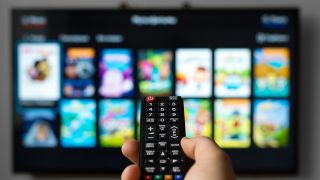
My only gripe with streaming services is one that I’ve observed consistently with loads of others, that of content control. Streaming services tend to be very picky about the kind of media they allow on their prospective platforms. I recently watched a YouTube documentary explaining how difficult it is to get indie films onto Netflix. In it, the commentator J. Horton explained how Netflix will almost exclusively chooses to screen content by picking those what would generate the most buzz and in turn, money. This feels like a direct affront to what cinema is all about. Indie films should be about sharing the stories we observe in our dreams and daily life, bleeding those vales for the sake of monetary gain is morally obtuse.









